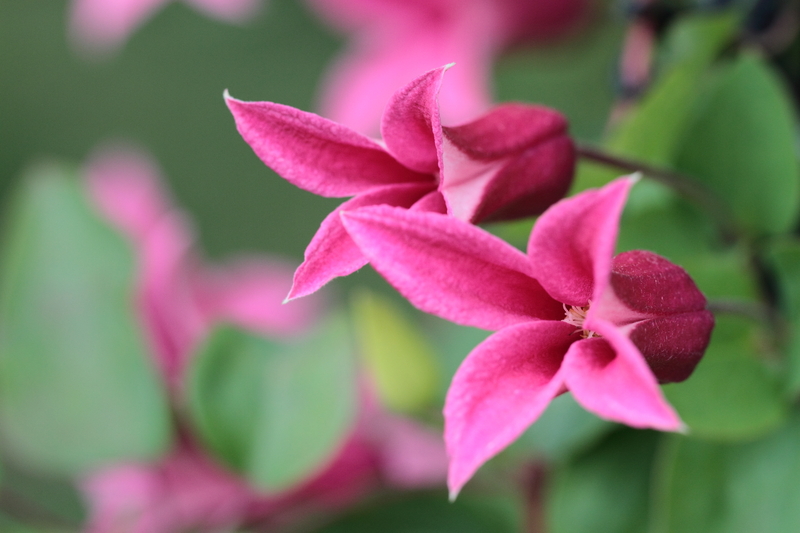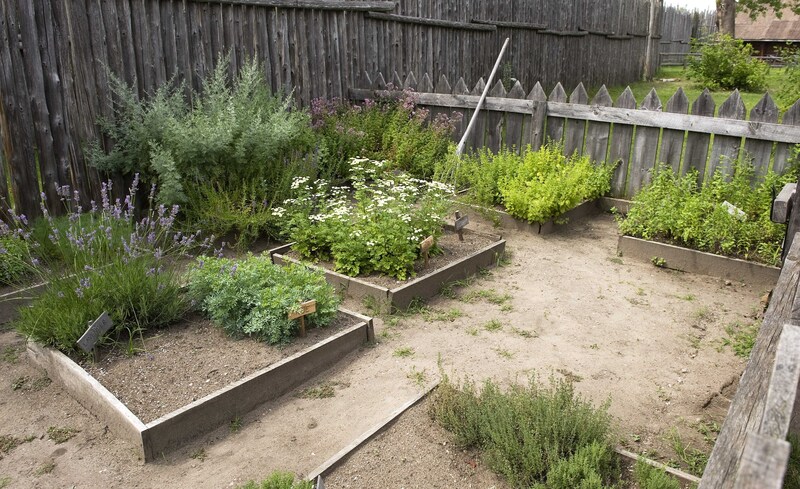Planting tips for beginners
Posted on 18/09/2024

Planting can be a fun and rewarding pastime for both experienced gardeners and those new to the practice. No matter your experience level, there are several essential steps to take when beginning a new plant project. By following these basic tips, novice gardeners can grow strong, healthy plants and have more success in their gardening endeavors.
1. Choose a Location
The first step in any planting project is selecting the right location. Before choosing a spot for your plants, consider factors such as sun exposure, soil quality, drainage, and accessibility. Many plants require at least six hours of direct sunlight each day; if you're unable to provide this much light, opt for varieties that thrive in shade. Additionally, the quality of the soil will determine how successful your plants will be. Make sure the soil you choose has good drainage and plenty of organic material to provide nutrients to your plants. Finally, pick a spot that is easy for you to get to so that it is easier to tend to and care for your plants regularly.
2. Use the Right Tools
Regardless of what types of plants you plan on growing, having the right tools is essential for achieving optimal growth. Investing in high-quality tools such as gardening gloves, shovels, hand trowels, pruners, and hoses will make it easier for you to create an efficient garden space. If you do not yet have all the necessary tools, start with the basics like gloves and a hose. Once you become more familiar with gardening procedures, you can add more advanced tools like loppers or hedge trimmers as needed.
3. Prepare Your Soil
Once you've chosen a location and gathered the necessary tools, prepare your soil before planting anything. This involves removing weeds and other debris from the area as well as adding organic matter (compost). You may also need to adjust the pH balance of the soil depending on what type of plants you are growing. Ideally, your soil should be slightly acidic (neutral pH). If not already available in your soil naturally, adding lime will help achieve this balance.
4. Check Plant Requirements
When selecting plants for your garden or yard project, pay close attention to their requirements like sun exposure and water needs. Different plants have different needs so ensuring that all of them are able to coexist in one area is important for success down the line. Researching each variety prior to purchasing will also help ensure that each species chosen is appropriate for both your climate and environment overall.
5. Start Small
When embarking on any major planting project--especially if it's your first time--it's best to start small and experiment with different types of plants over time until you find those that work best in your garden or yard space over time . Trying out multiple varieties will help equip you with knowledge about how different plants interact together as well as yourself with firsthand experience for future success in projects similar in nature! Plus it'll save some money along the way because it reduces having too much that might go unused or unappreciated due later dumping/wasting it when something doesn't work out exactly how planned at first attempt!
6. Water Properly
Watering properly is essential for any plant project's success; however watering differently is another factor that should be taken into consideration given various types of plants being grown together within same space depending on their water requirements . Knowing which needs more or less & when/how often depending on seasons too as well helps promote better & healthier growth patterns overall! Therefore scheduling regular watering sessions throughout week accordingly based upon sun & heat exposure levels goes a long way each season towards healthier results during bloom cycles! As well familiarize yourself with irrigation techniques/methods such as drip-irrigation or soaker hoses since these work better on certain lawns/gardens than traditional methods due different structures/layouts & topographies present across varying locations geographically speaking!
7. Practice Integrated Pest Management
Integrated pest management (IPM) is an essential practice when it comes to maintaining plant health over time . IPM combines preventative measures like monitoring & scouting potential threats against plant life along with selective treatments against existing pests found already nearby using biological controls whenever possible instead relying solely on synthetic chemical solutions due reduced environmental risks associated! Also promoting natural habitats via companion planting helps too by providing food sources beneficial predators in order lessen competition with local birds/insects thus driving down population numbers over time naturally shielding off potential harm versus directly polluting land unlawfully!
8. Mulch & Fertilize
Mulching & fertilizing are two additional components required for optimalplant health & growth given they protect against erosion while also limiting weed growth simultaneously! It also helps conserve moisture while enriching soils containing critical nutrients required by plants otherwise unable absorb immediately from environment! In addition mulching layer shields roots from extreme temperatures extremes outside elements which would otherwise cause damage especially during cold spell winters among other seasons too! Lastly adding fertilizer provides nutrition minerals help maintain ample levels needed promote vigorous growth patterns each season amongst blooming cycles!
9. Keep Learning
Growing healthy sturdy resilient plant life requires routine maintenance upkeep if done correctly results fruitful satisfying ! However kept learning throughout entire process too since educational resources vast available online sites blogs podcasts books hands-on classes etc. This provides access to invaluable information related to current gardening trends, successful strategies, everyday concepts 'trending' throughout industry professionals alike therefore try taking advantage of it anytime possible to improve expertise tremendously!
10. Enjoy Yourself
Most importantly enjoy yourself while planting why even started begin with otherwise procedure becomes tedious no fun lack enthusiasm challenges encountered along way? Therefore remember to enjoy whole process during each step, try seeing the bigger picture purposes, getting involved, conducting research, reading up reviews, and watching tutorials.

Latest Posts
Robust Solutions for Minimizing Weather Damage in Your Garden
From Kitchen Castoffs to Soil Gold: The Organic Waste Revolution
Practical approaches to lessen wind disturbance in gardens



